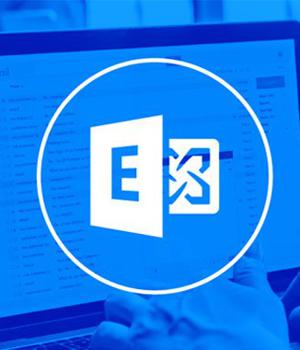Security News > 2021 > December > Hackers Using Malicious IIS Server Module to Steal Microsoft Exchange Credentials

Malicious actors are deploying a previously undiscovered binary, an Internet Information Services webserver module dubbed "Owowa," on Microsoft Exchange Outlook Web Access servers with the goal of stealing credentials and enabling remote command execution.
"Owowa is a C#-developed.NET v4.0 assembly that is intended to be loaded as a module within an IIS web server that also exposes Exchange's Outlook Web Access," Kaspersky researchers Paul Rascagneres and Pierre Delcher said.
In August 2021, Slovak cybersecurity company ESET's study of the IIS landscape revealed as many as 14 malware families that were developed as native IIS modules in an attempt to intercept HTTP traffic and remotely commandeer the compromised computers.
As a persistent component on the compromised system, Owawa is engineered to capture the credentials of users who are successfully authenticated on the OWA authentication web page.
The Russian security firm said it detected a cluster of targets with compromised servers located in Malaysia, Mongolia, Indonesia, and the Philippines that primarily belong to government organizations, with the exception of one server that's attached to a government-owned transportation company.
"The malicious module [] represents an effective option for attackers to gain a strong foothold in targeted networks by persisting inside an Exchange server."
News URL
https://thehackernews.com/2021/12/hackers-using-malicious-iis-server.html
Related news
- 17,000+ Microsoft Exchange servers in Germany are vulnerable to attack, BSI warns (source)
- Germany warns of 17K vulnerable Microsoft Exchange servers exposed online (source)
- These 17,000 unpatched Microsoft Exchange servers are a ticking time bomb (source)
- Microsoft still unsure how hackers stole MSA key in 2023 Exchange attack (source)
- Microsoft fixes Outlook clients not syncing over Exchange ActiveSync (source)
- Hackers Exploit Misconfigured YARN, Docker, Confluence, Redis Servers for Crypto Mining (source)
- Microsoft says Russian hackers breached its systems, accessed source code (source)
- Microsoft Confirms Russian Hackers Stole Source Code, Some Customer Secrets (source)
- Microsoft: Russian hackers accessed internal systems, code repositories (source)
- Microsoft confirms Windows Server issue behind domain controller crashes (source)